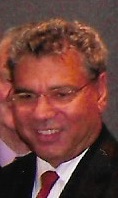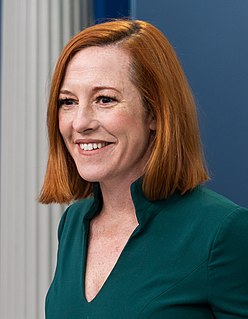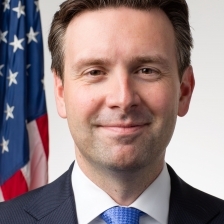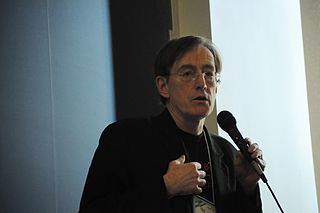A Quote by Malcolm X
I don't think that anyone has been really created more by the white press than the civil right leaders.
Related Quotes
I don't encourage any act of murder nor do I glorify in anybody's death, but I do think that when the white public uses its press to magnify the fact that there are the lives of white hostages at stake, they don't say "hostages," every paper says "white hostages." They give me the impression that they attach more importance to a white hostage and a white death, than they do the death of a human being, despite the color of his skin.
American press, like the press in many countries, acts like a cheerleader to our government rather than a critical observer. This is especially true, when it comes to foreign interventions. That means that when government leaders conclude that intervention in a foreign country is justified, the press rarely criticizes it. In fact, the press has been an enthusiastic cheerleader for many of our foreign interventions.
When you come to Montgomery, you see fifty-nine monuments and memorials, all about the Civil War, all about Confederate leaders and generals. We have lionized these people, and we have romanticized their courage and their commitment and their tenacity, and we have completely eliminated the reality that created the Civil War.
I see a lot of individual action when it comes to environmental questions really as a form of politics as a way of communicating with political leaders, much in the same way that acts of civil disobedience during the civil rights' movement were really acts of political communication, trying to get laws changed rather than based on the thought that the individual action would really change the practices of segregation.
Mark Zuckerberg has never really had pressure put on him. He's an engineer, and he's created this perfect system that is Facebook, and he's always been concerned about the internal beauty and logic of this creation that he's created. I don't think that the human implications of what he's created have often been apparent to him.


































